Organizers
Bio
Stefanie Jegelka is an X-Consortium Career Development Assistant Professor in the Department of EECS at MIT. She is a member of the Computer Science and AI Lab (CSAIL), the Center for Statistics and an affiliate of the Institute for Data, Systems and Society and the Operations Research Center. Before joining MIT, she was a postdoctoral researcher at UC Berkeley, and obtained her PhD from ETH Zurich and the Max Planck Institute for Intelligent Systems. Stefanie has received a Sloan Research Fellowship, an NSF CAREER Award, a DARPA Young Faculty Award, the German Pattern Recognition Award and a Best Paper Award at the International Conference for Machine Learning (ICML). Her research interests span the theory and practice of algorithmic machine learning.

Bio
Sanmi Koyejo is an Assistant Professor in the Department of Computer Science at the University of Illinois at Urbana-Champaign and a research scientist at Google AI in Accra. Koyejo's research interests are in developing the principles and practice of adaptive and robust machine learning. Additionally, Koyejo focuses on applications to biomedical imaging and neuroscience. Koyejo co-founded the Black in AI organization and currently serves on its board.
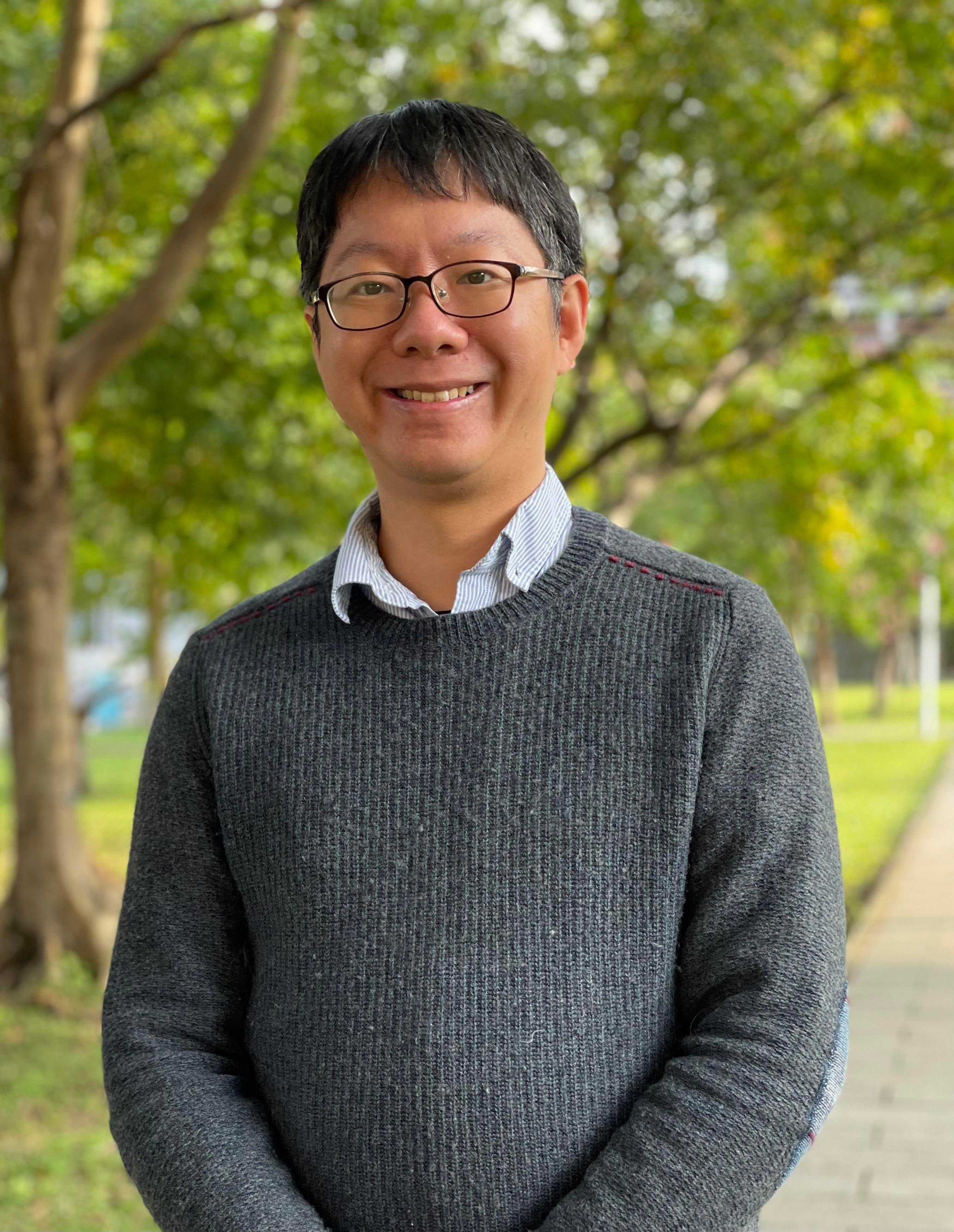
Bio
Professor Hsuan-Tien Lin received a B.S. in Computer Science and Information Engineering from National Taiwan University in 2001, an M.S. and a Ph.D. in Computer Science from California Institute of Technology in 2005 and 2008, respectively. He joined the Department of Computer Science and Information Engineering at National Taiwan University as an assistant professor in 2008 and has been promoted to full professor in 2017. Between 2016 and 2019, he worked as the Chief Data Scientist of Appier, a startup company that specializes in making AI easier for marketing. Currently, he keeps growing with Appier as its Chief Data Science Consultant. From the university, Prof. Lin received the Distinguished Teaching Awards in 2011 and 2021, the Outstanding Mentoring Award in 2013, and five Outstanding Teaching Awards between 2016 and 2020. He co-authored the introductory machine learning textbook Learning from Data and offered two popular Mandarin-teaching MOOCs Machine Learning Foundations and Machine Learning Techniques based on the textbook. He served in the machine learning community as Progam Co-chair of NeurIPS 2020, Expo Co-chair of ICML 2021, and Workshop Chair of NeurIPS 2022 and 2023. He co-led the teams that won the champion of KDDCup 2010, the double-champion of the two tracks …


Bio
Dr. Katja Hofmann is a Principal Researcher at the Game Intelligence group at Microsoft Research Cambridge, UK. There, she leads a research team that focuses on reinforcement learning with applications in modern video games. She and her team strongly believe that modern video games will drive a transformation of how we interact with AI technology. One of the projects developed by her team is Project Malmo, which uses the popular game Minecraft as an experimentation platform for developing intelligent technology. Katja's long-term goal is to develop AI systems that learn to collaborate with people, to empower their users and help solve complex real-world problems. Before joining Microsoft Research, Katja completed her PhD in Computer Science as part of the ILPS group at the University of Amsterdam. She worked with Maarten de Rijke and Shimon Whiteson on interactive machine learning algorithms for search engines.

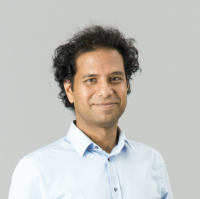
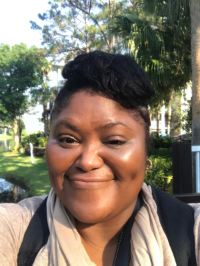
Bio
NeurIPS Meetup Chair ICML Virtual Chair Software Engineering Manager, MathWorks
Bio
Katherine Gorman is a podcast producer. After a decade in public radio she helped to found the podcast Talking Machines of which she is now the co-host and executive producer. She is the head of podcasting for Collective Next, where she develops shows and solves creates communication solutions.
Bio
Joelle Pineau is an Associate Professor and William Dawson Scholar at McGill University where she co-directs the Reasoning and Learning Lab. She also leads the Facebook AI Research lab in Montreal, Canada. She holds a BASc in Engineering from the University of Waterloo, and an MSc and PhD in Robotics from Carnegie Mellon University. Dr. Pineau's research focuses on developing new models and algorithms for planning and learning in complex partially-observable domains. She also works on applying these algorithms to complex problems in robotics, health care, games and conversational agents. She serves on the editorial board of the Journal of Artificial Intelligence Research and the Journal of Machine Learning Research and is currently President of the International Machine Learning Society. She is a recipient of NSERC's E.W.R. Steacie Memorial Fellowship (2018), a Fellow of the Association for the Advancement of Artificial Intelligence (AAAI), a Senior Fellow of the Canadian Institute for Advanced Research (CIFAR) and in 2016 was named a member of the College of New Scholars, Artists and Scientists by the Royal Society of Canada.
Bio
Research Scientist at Meta AI NYC. PhD from McGill University / Mila, advised by Dr Joelle Pineau. I primarily work on logical language understanding, systematic generalization, logical graphs and dialog systems.
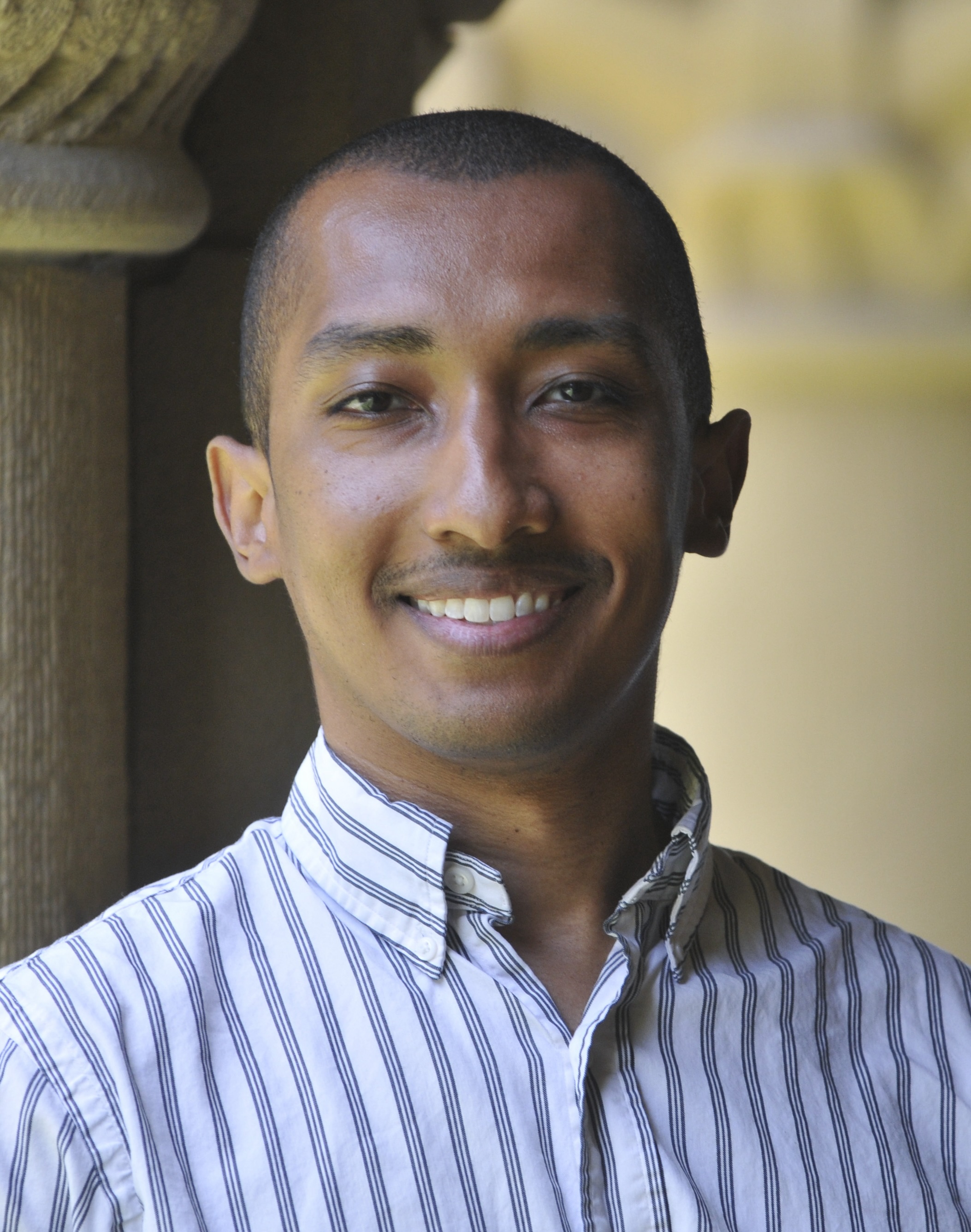
Bio
Lester Mackey is a Senior Principal Researcher at Microsoft Research, where he develops machine learning methods, models, and theory for large-scale learning tasks driven by applications from climate forecasting, healthcare, and the social good. Lester moved to Microsoft from Stanford University, where he was an assistant professor of Statistics and, by courtesy, of Computer Science. He earned his PhD in Computer Science and MA in Statistics from UC Berkeley and his BSE in Computer Science from Princeton University. He co-organized the second place team in the Netflix Prize competition for collaborative filtering; won the Prize4Life ALS disease progression prediction challenge; won prizes for temperature and precipitation forecasting in the yearlong real-time Subseasonal Climate Forecast Rodeo; and received best paper, outstanding paper, and best student paper awards from the ACM Conference on Programming Language Design and Implementation, the Conference on Neural Information Processing Systems, and the International Conference on Machine Learning. He is a 2023 MacArthur Fellow, a Fellow of the Institute of Mathematical Statistics, a Fellow of the American Statistical Association, an elected member of the COPSS Leadership Academy, and the recipient of the 2023 Ethel Newbold Prize.
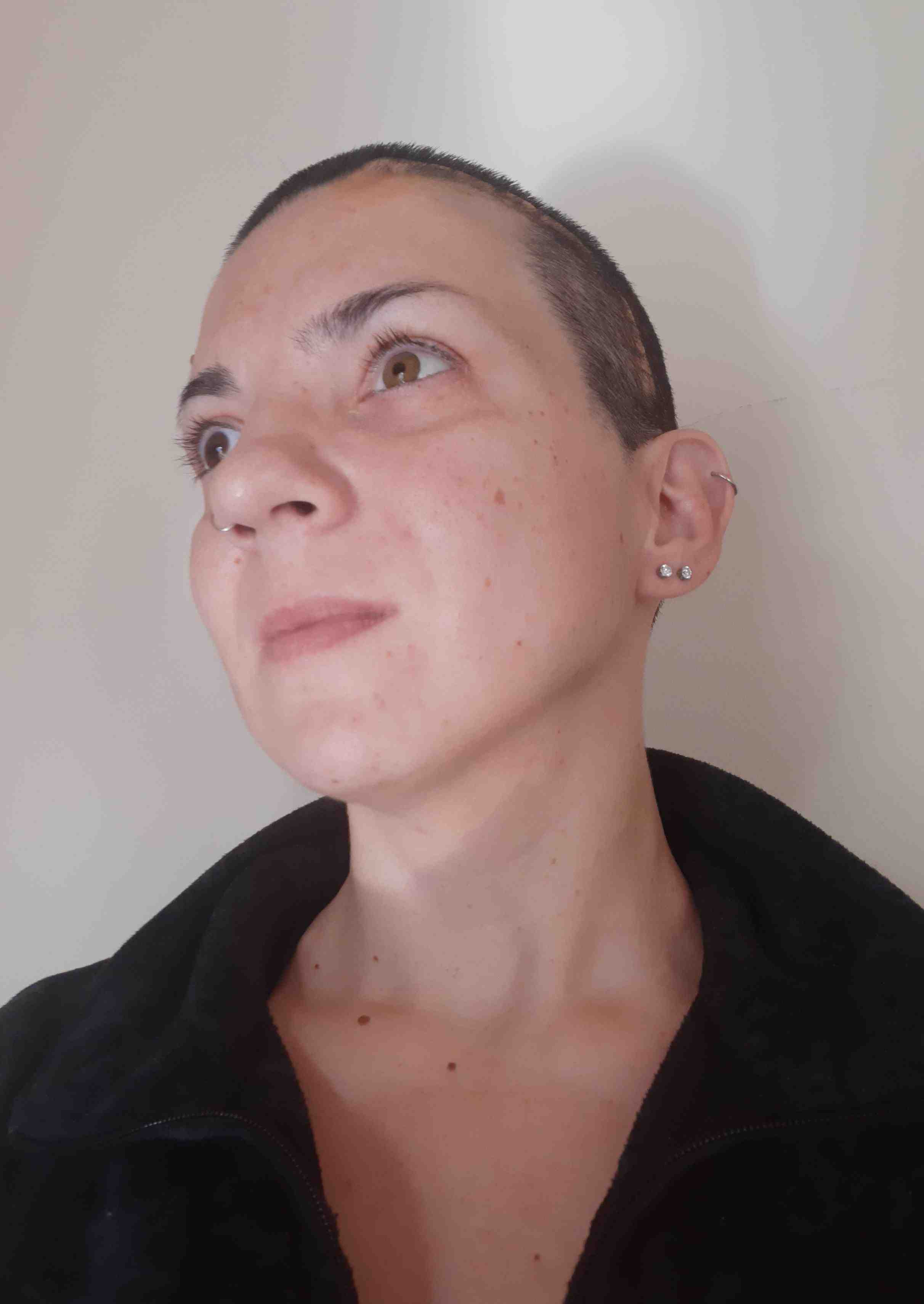
Bio
I hold a 4-year Bachelor of Science in Informatics and 2-year Master of Science in Statistical Science both from Athens University of Economics and Business and a PhD in probabilistic machine learning from MRC-Biostatistics Unit, University of Cambridge. I am a Postdoctoral Associate with the Intestate of M.I.T. andHarvard under EWSC research fellowship. My fields of interest lie in theory of probabilistic machine learning, theory and methodology of Bayesian high-dimensional problems, information theory and generative modelling with applications to genomics and healthcare
Bio
Vukosi Marivate (https://www.vima.co.za/) holds a PhD in Computer Science (Rutgers University, as Fulbright Science and Technology Fellow) and MSc & BSc in Electrical Engineering (Wits University). Dr Marivate is based at the University of Pretoria as the UP ABSA Chair of Data Science. He works on developing Machine Learning/Artificial Intelligence methods to extract insights from data. A large part of his work over the last few years has been in the intersection of Machine Learning and Natural Language Processing (NLP). This has led to research outputs focused on how we can better improve low resource language tools, especially for African Languages. This has included creating new software libraries, new research approaches for robust NLP and encouraging the development of datasets for African languages. As part of his vision for the ABSA Data Science chair, Vukosi is interested in Data Science for Social Impact (https://dsfsi.github.io/), using local challenges as a springboard for research. In this area, Vukosi has worked on projects in science, energy, public safety and utilities. Vukosi is cofounder of the Deep Learning Indaba, the largest Machine Learning/Artificial Intelligence workshop on the African continent, aiming to strengthen African Machine Learning

Bio
Hendrik Strobelt is Senior Research Scientist at IBM Research (Cambridge, MA) and the Explainability Lead at the MIT-IBM Watson AI Lab. His recent research is on visualization for and human collaboration with AI models to foster explainability and intuition. His work involves NLP models and generative models while he is advocating to utilize a mix of data modalities to solve real-world problems. His research is applied to tasks in machine learning, in NLP, in the biomedical domain, and in chemistry. Hendrik joined IBM in 2017 after postdoctoral positions at Harvard SEAS and NYU Tandon. He received a Ph.D. (Dr. rer. nat.) from the University of Konstanz in computer science (Visualization) and holds an MSc (Diplom) in computer science from TU Dresden. His work has been published at venues like IEEE VIS, ICLR, ACM Siggraph, ACL, NeurIPS, ICCV, PNAS, Nature BME, or Science Advances. He received multiple best paper/honorable mention awards at EuroVis, BioVis, VAST, CHI, ACL Demo, or NeurIPS demo. He received the Lohrmann medal from TU Dresden as the highest student honor. Hendrik has served in program committees and organization committees for IEEE VIS, BioVis, EuroVis. He served on organization committees for IEEE VIS, VISxAI, ICLR, ICML, NeurIPS. Hendrik …
